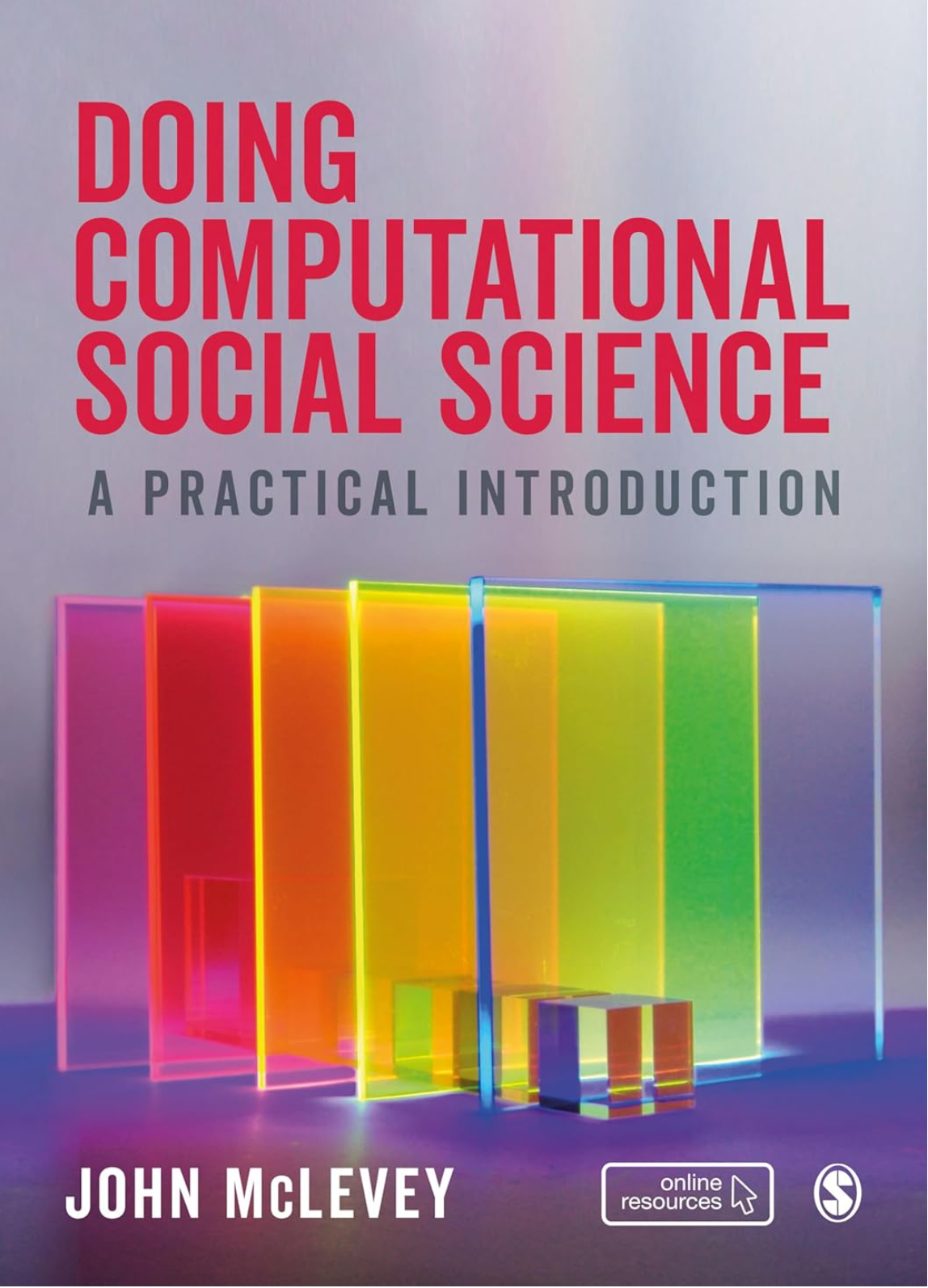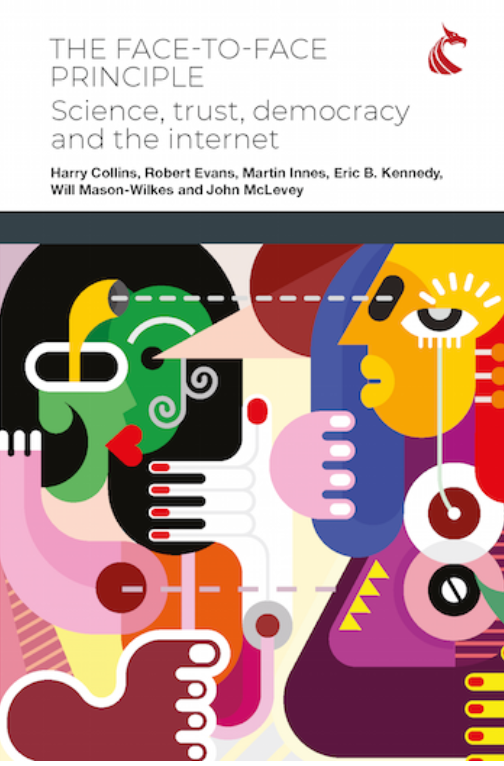Books
Face-to-Face: Science, Trust, Democracy, and the Internet
The internet is changing the way that knowledge is made and shared. Knowledge-making in face-to-face settings is being replaced by information gathering from remote sources, whose origins may be concealed but which can create an illusion of intimacy. Though remote communication is beneficial in many ways – modern societies would fail without it – too much reliance on remote communication threatens the core institutions of democratic societies. […] By drawing out the special features of face-to-face interaction and its constitutive role in creating societies, with science as the icon, the book sets out an agenda for civic education that can protect democratic institutions from the erosion of pluralism and the facile abandonment of trustworthy expertise.
Learn more about the book here!
Industrial Development and Eco Tourisms: Can Oil Extraction and Nature Convervation Coexist?
This book examines the “oil-tourism interface”, the broad range of direct and indirect contact points between offshore oil extraction and nature-based tourism. Offshore oil extraction and nature-based tourism are pursued as development paths across the North Atlantic region. Offshore oil promises economic benefits from employment and royalty payments to host societies, but is based on fossil fuel-intensive resource extraction. Nature-based tourism, instead, is based on experiencing natural environments and encountering wildlife, including whales, seals, or seabirds. […] Through a comparative analysis of Denmark, Iceland, Newfoundland and Labrador, Norway, and Scotland, this book offers important lessons for how coastal societies can better navigate relationships between resource extraction and nature-based tourism in the interests of social-ecological wellbeing.
Learn more about the book here!



